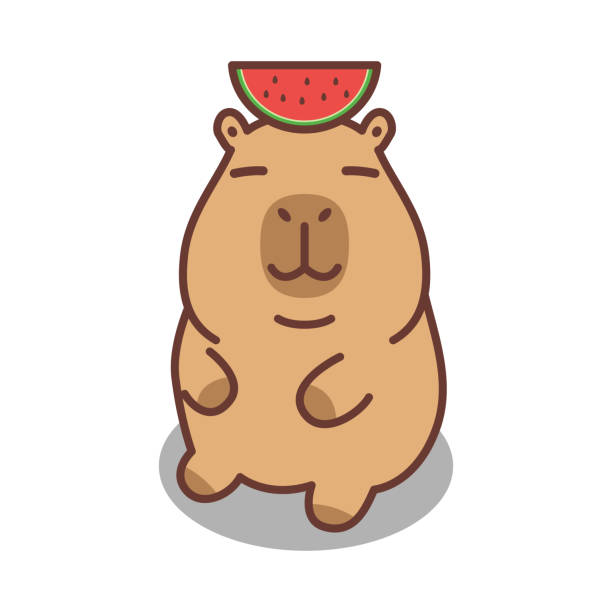Speciation
Cards (48)
- What does speciation lead to in evolution?
- What is the process called that leads to the development of new species?
- What is a species?
- What can species do to give fertile offspring?
- What occurs when populations of the same species become different?
- What can separate populations of the same species?
- How can floods and earthquakes affect speciation?
- What happens to populations on either side of a barrier?
- How do conditions differ on either side of a barrier?
- What is the result of natural selection on populations?
- What do populations show due to genetic variation?
- What increases the chance of survival in a population?
- What happens to beneficial traits in a population over generations?
- What happens to populations that cannot interbreed?
- What do two populations of the same species become after speciation?
- What is the role of physical barriers in speciation?
- How do different environments affect populations?
- What is the outcome of natural selection over time?
- What happens to populations that adapt well to their environment?
- What is the significance of genetic variation in populations?
- What are the key concepts of speciation?
- What are the effects of physical barriers on populations?
- How does natural selection influence populations?
- What will the two groups become?
- What does the development of the same species lead to?
- What is the environment for individual organisms?
- Who was Alfred Wallace?
- What was Wallace's profession?
- Who was working at the same time as Wallace?
- What idea was Wallace working on?
- How did Wallace's observations contribute to our understanding of speciation?
- What became available over time regarding evidence for evolution?
- What idea did Wallace independently come up with during his career?
- What did Wallace publish in 1858?
- What did Darwin publish in 1859?
- What did Wallace's observations provide evidence for?
- How did warning colors in species serve a purpose?
- What is the focus of Wallace's work on warning colors?
- What does Wallace's work on speciation highlight?
- What is the significance of Darwin's name in relation to Wallace?
